
There are moments in public service when the weight of what we face—stories of pain, trauma, and injustice—feels almost unbearable. But then there are days like this one, where we step into a classroom filled with young minds, open hearts, and the chance to plant a seed of change. As part of the ONAIVV (Oficina Nacional para la Atención Integral a las Víctimas de la Violencia), I had the privilege of visiting a local secondary school to deliver a series of talks about something deeply rooted in our society: the cycle of violence. It was more than just a visit—it was a conversation, a confrontation with reality, and hopefully, the beginning of awareness for many.
Speaking to teenagers about such a serious issue is not easy. There’s always the risk that they might shut down, disconnect, or even feel overwhelmed. But I’ve learned that when you approach them with sincerity, when you speak from experience and not from a pedestal, they listen. I told them that violence doesn’t always start with bruises—it often begins with silence, with control, with fear disguised as love. And sadly, it’s most often women—our girls, our mothers, our grandmothers—who bear the brunt of it. Looking around that room, I saw future leaders, future professionals, but most importantly, future advocates. If we empower them with the right tools today, they’ll become the voices we need tomorrow.
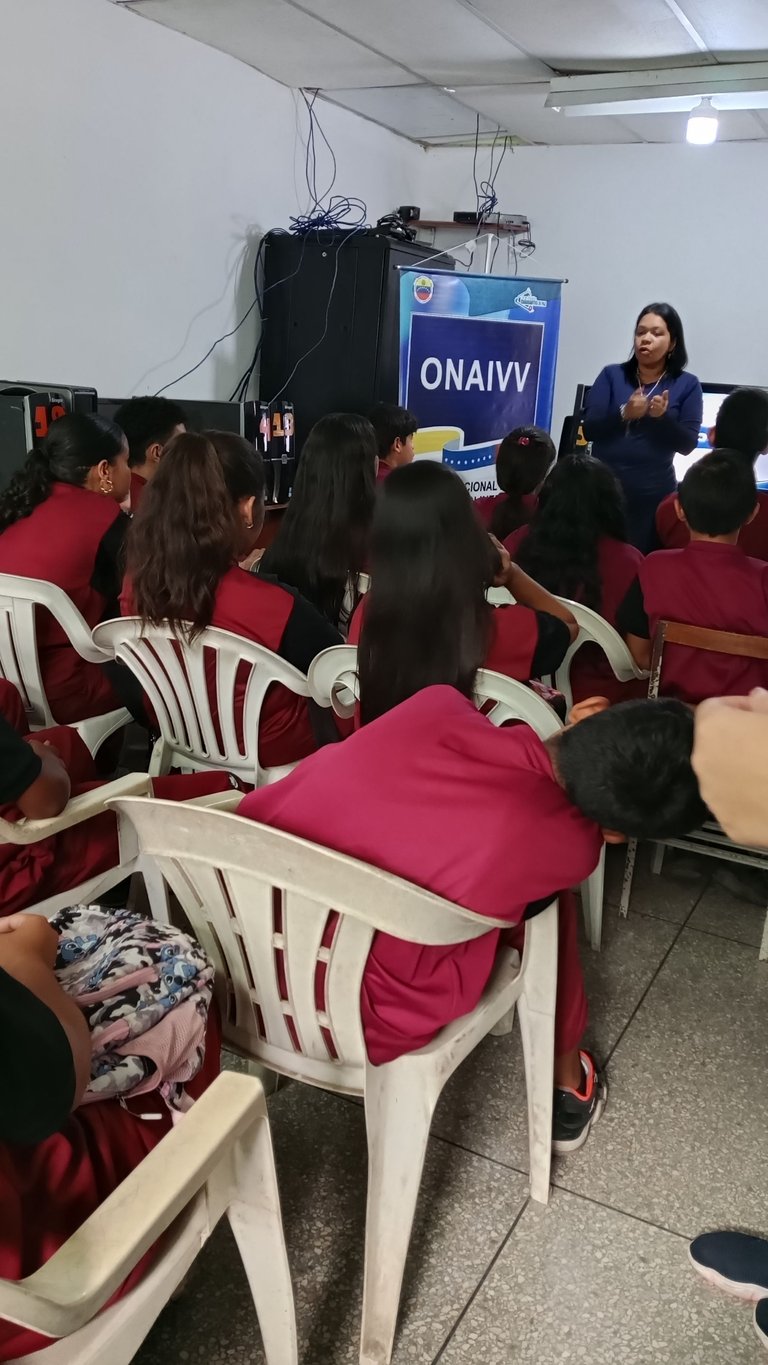
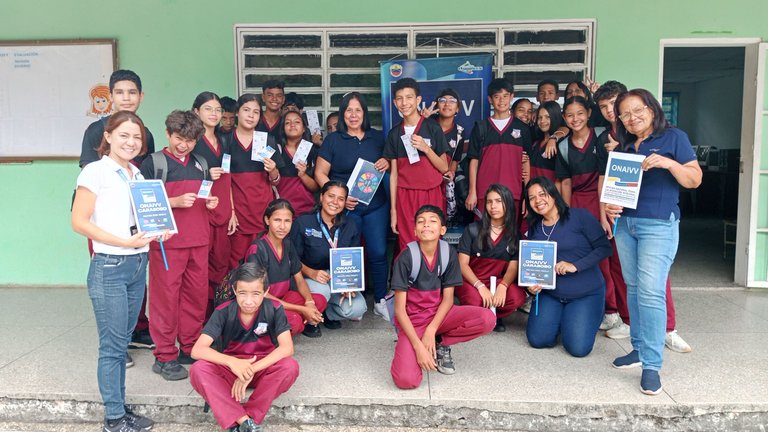


This mission isn’t about preaching—it’s about preventing. It’s about offering perspectives that many of these students might not hear anywhere else. In our sessions, we tackled difficult but necessary topics: emotional abuse, gender-based violence, toxic relationships, and how cycles of violence can be broken. We didn’t sugarcoat it. They deserve honesty. I believe young people are more resilient and insightful than we give them credit for. When given the opportunity, they rise. They ask smart questions. They challenge norms. And that’s exactly what we need if we want a different future.
Being a public service officer isn’t glamorous. There are long hours, emotional tolls, and constant bureaucratic hurdles. But then something happens—a student lingers after the talk to say thank you, or asks how to help a friend, or just gives you that look that says “I get it now.” That’s when I remember why I do this. Public service is not just a job. It’s a calling. It’s knowing that while we may not fix everything, we’re doing the work that truly matters. We are laying bricks for a better foundation, one conversation at a time.
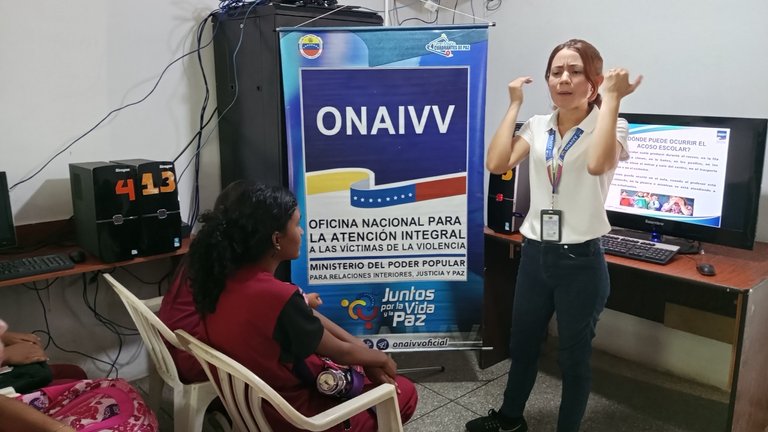
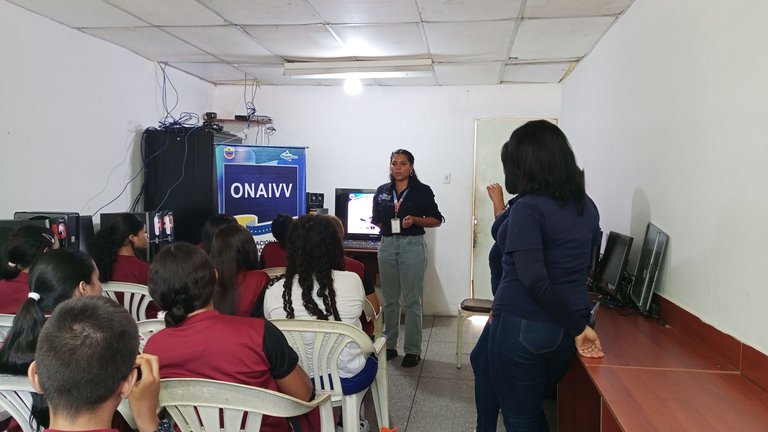


I left that classroom feeling hopeful. The kind of hope that doesn’t come from statistics or policy documents, but from human connection. If we want to truly eradicate violence, we must start with education, empathy, and early intervention. We must start by showing young people that they have power—not just over their own lives, but in shaping the society around them. That’s the real reward of this path we’ve chosen. It’s hard, but it’s honest. And when you see a spark ignite in someone’s eyes—that’s when you know: this is how change begins.
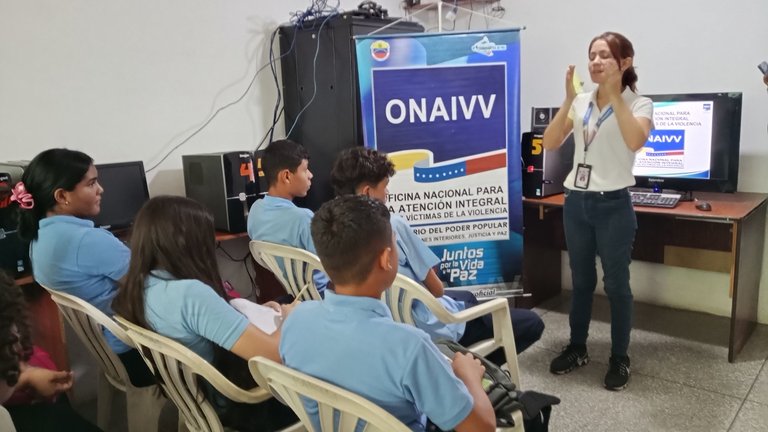

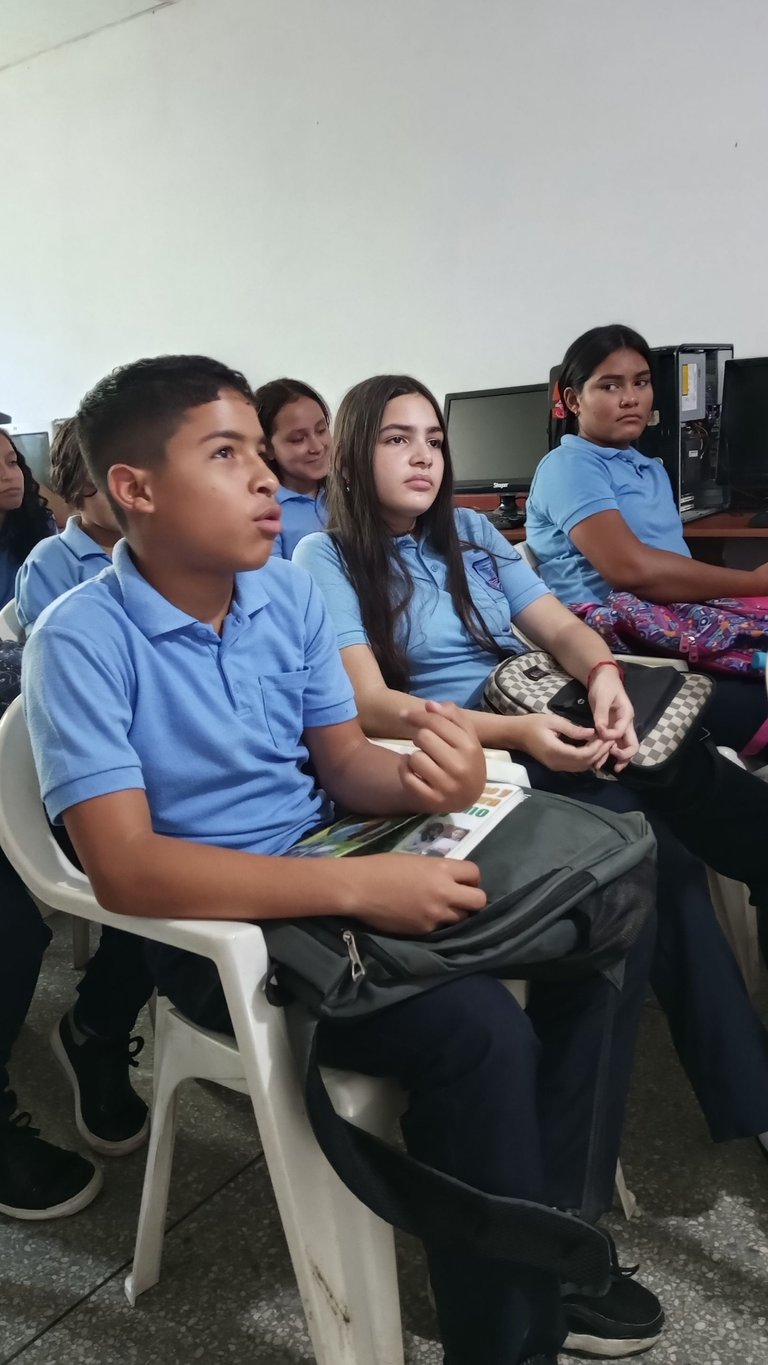

All photographs and content used in this post are my own. Therefore, they have been used under my permission and are my property.

























